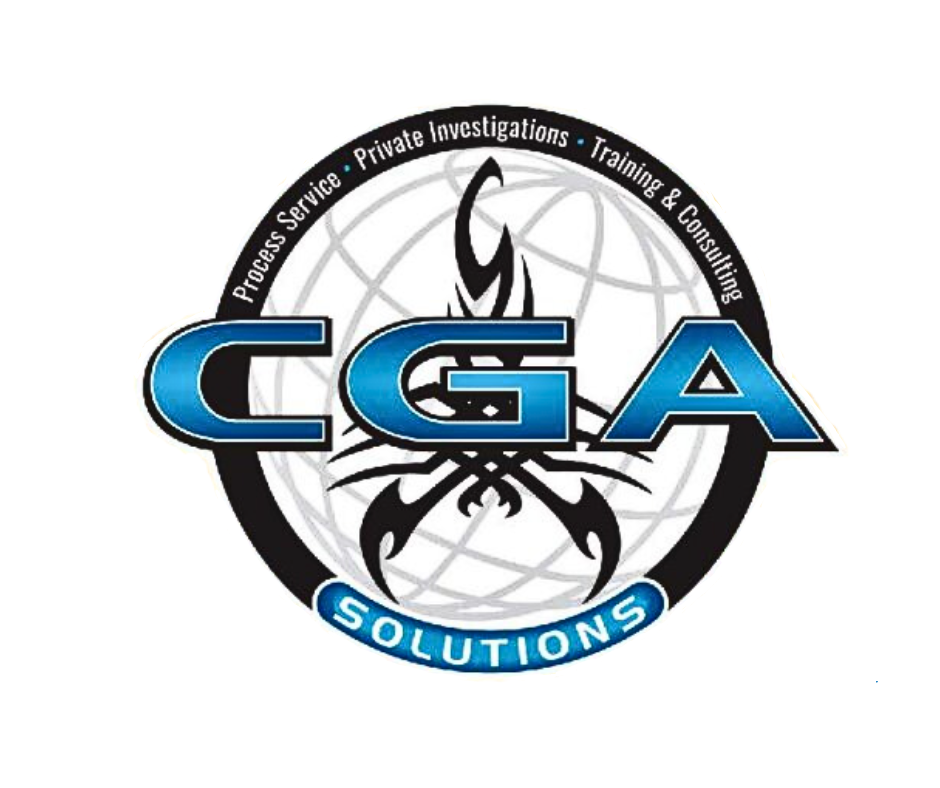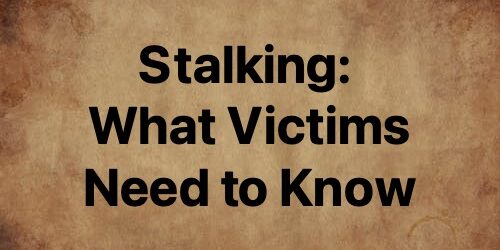If You Are a Victim of Stalking, It Is Important to Know You Can Fight This
Stalking is a criminal act that millions of men and women across the US and throughout the world have endured. Being a victim of stalking can make a person feel unsafe, trapped, and even afraid of their life. In many cases, a victim or their family or loved ones could be in immediate danger. This is not okay, and no victim should not feel ashamed or at fault for the offender’s actions.
What is important is to find safety as soon as possible and file a protective order to keep you, your family, and your loved ones safe.
What Is Stalking?
In Georgia, stalking is defined as “following, surveillance, or contact with another to harass and intimidate.” Additionally, aggravated stalking is defined as ”stalking in violation of court order, bond, injunction, or probation.”
In South Carolina, stalking is defined as a “pattern of words or conduct that causes fear of death, assault, bodily injury, criminal sexual contact, kidnapping, or property damage to victim or victim’s family member.” And aggravated stalking is defined as “stalking accompanied by an act of violence.”
Stalking behavior comes in various forms. It is not just physically following someone around. Instead, a person may stalk their victim through several unwanted electronic communications (social media messages, text messages, phone calls, etc.), unwanted gifts, or threats. Essentially, unwanted contact from a person can be considered stalking if it is a repeated behavior and/or puts a person in danger or immediate harm.
Who Can Be a Victim of Stalking?
The truth of the matter is, anyone can become a victim of stalking. Men and women can both be victims of stalking. However, women are more likely to be stalking victims. According to SPARC, 1 in 6 women and 1 in 17 men will be stalked in their lifetime. It is a surprising statistic, but it is the reality that many have faced. If you are a victim, it is important to know that you are not alone in this fight.
While the majority of stalking victims do know their offender – either through work, school, or a former/current intimate partner or family member – others have never met their stalker before. No matter the situation, a stalker can make anyone feel uneasy and unsafe.
How Are Stalking Cases Handled?
In Georgia and South Carolina in particular, stalking is a criminal offense. This means you must have evidence to prove beyond a reasonable doubt that stalking occurred. What makes stalking cases unique is that the course of conduct that stalking entails are not criminal acts themselves—for example, leaving unwanted gifts or phone calls are not crimes. However, the intent behind those actions is what determines the validity of a stalking case.
 If you have an intuitive feeling that you are being stalked, it is best to file for a protective order. Be sure to write down as much information as possible on your petition. If a judge signs off on your request, you will be granted a temporary restraining order from the offender until your trial. This means the offender is not allowed to contact or approach you for your safety and security.
If you have an intuitive feeling that you are being stalked, it is best to file for a protective order. Be sure to write down as much information as possible on your petition. If a judge signs off on your request, you will be granted a temporary restraining order from the offender until your trial. This means the offender is not allowed to contact or approach you for your safety and security.
But what will be the most important and emotionally difficult for many is to build a solid case to prove beyond a reasonable doubt that the actions the alleged stalker has done are within the grounds of stalking behavior. But, again, contacting, sending gifts, placing surveillance on a person is not a crime – the intent behind the actions is what makes it a stalking case.
To maximize your chances of winning your case, be sure to gather screenshots of any messages or any evidence that will back up your claims. If you do not have everything, do not worry. Our private investigators can help you gather the evidence you need, and we can even gather background information and public records to bolster your claims against the offender.
New Georgia Stalking Laws Have Been Put into Place
Fortunately for stalking victims, stalking charges are taken seriously in Georgia. As of July 1, stalking victims, with either a civil or criminal stalking order, can terminate their apartment or home lease without penalty. All that needs to be provided to the apartment or landlord is a 30-day notice as well as a copy of the court order. This allows victims to leave their residence if they live with the offender or simply wish to change residency for a fresh start.
Talk to a Private Investigator to Help Build Your Case Today
We help individuals and law firms throughout Georgia and South Carolina gather fact-based information to build a solid stalking case. We do not place surveillance on a person without reasonable cause. Our goal is to help victims of stalking receive the help they need to maximize their chances of winning their case. For more information, contact our investigation firm today.
If you are a victim of stalking and need additional assistance, you can contact these hotlines for additional support in this difficult time.
Victim Connect: 855-4-VICTIM
National Sexual Assault Hotline: 800-656-HOPE







